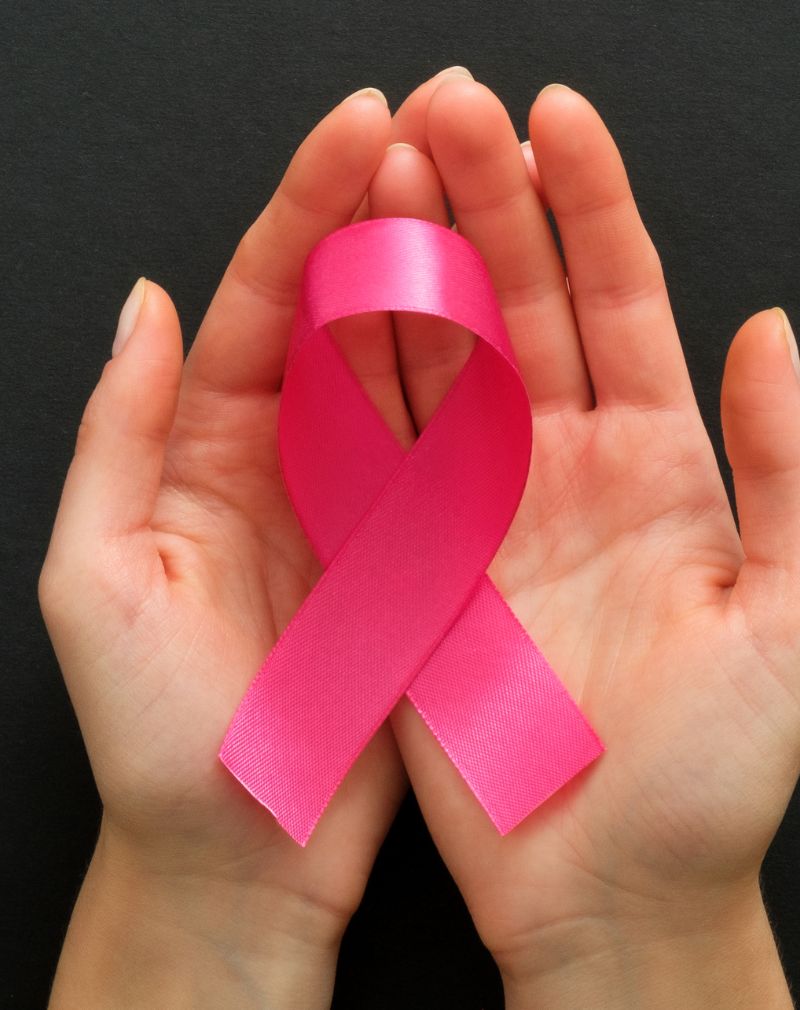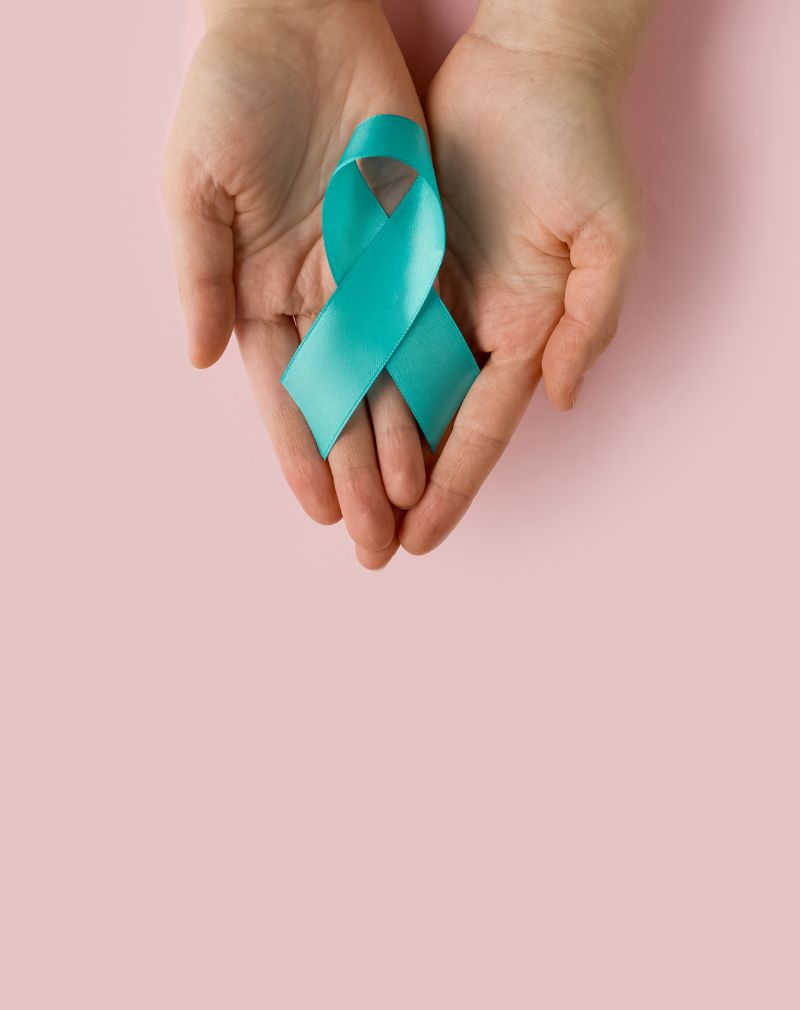“But it is possible to take control and tackle head-on any health issue. You can seek advice, learn about the options and make choices that are right for you. Knowledge is power.” – Angelina Jolie
“She believed she could, so she did.” – R.S. Grey
In a quiet suburban neighborhood, Emma, a vibrant woman in her early thirties, received the earth-shattering news that she had breast cancer. The diagnosis rocked her world, sending shockwaves of fear and uncertainty through her once-peaceful life. With a young family to care for and dreams yet to chase, Emma faced a daunting journey ahead. However, she soon discovered that her inner strength, resilience, and the unwavering support of her family and friends would carry her through the darkest of days. Emma’s battle with breast cancer became a testament to the power of love, hope, and determination.
As she underwent surgery, chemotherapy, and radiation, Emma’s spirit remained unbroken. The chemotherapy sessions that left her feeling drained and vulnerable were followed by moments of laughter and connection with her children, reminding her of the precious gift of motherhood. Her husband’s unwavering presence and her friends’ heartfelt gestures of support and her therapist’s support throughout the journey served as beacons of light during the darkest nights of her journey. Emma’s story was one of transformation, a reminder that even in the face of adversity, love and resilience could light the way towards healing and recovery.
What are the signs?
Breast cancer can manifest through various signs and symptoms. It’s essential to be aware of these signs and consult a healthcare professional if you notice any of them. While these symptoms can be caused by conditions other than breast cancer, it’s crucial to get a proper evaluation to rule out or diagnose any potential issues. Some common signs and red flags of breast cancer include:
- A New Lump or Mass: One of the most common signs is the discovery of a new lump or mass in the breast or underarm area. Not all breast lumps are cancerous, but any new lump should be examined by a healthcare provider.
- Breast Pain or Discomfort: Breast pain is not usually a symptom of breast cancer. However, if you experience persistent, unexplained breast pain or discomfort, it’s advisable to seek medical attention
- Changes in Breast Size or Shape: Any noticeable changes in the size or shape of one or both breasts should be evaluated. This includes dimpling, puckering, or changes in the skin texture.
- Nipple Changes: Watch for changes in the nipple, such as it turns inward (inversion), becoming flattened, or developing redness, scaling, or discharge. Bloody discharge from the nipple should always be examined promptly.
- Skin Changes: Skin changes on the breast, including redness, warmth, swelling, or an orange-peel texture (resembling the skin of an orange), can be concerning and should be assessed.
- Breast Swelling: If one breast becomes noticeably larger or swollen, it’s important to seek medical advice.
- Persistent Breast or Axillary Lumps: If you have a lump in the breast or underarm that doesn’t go away after your menstrual cycle, or if it persists for several weeks, it should be evaluated
- Changes in the Appearance of the Breast: Pay attention to any changes in the appearance of the breast, such as unusual asymmetry between the breasts.
- Unexplained Weight Loss: While weight loss is not a direct sign of breast cancer, unexplained weight loss along with other breast-related symptoms should be discussed with a healthcare provider.
- Breast Skin Ulceration: Rarely, breast cancer can cause skin ulcers or sores that don’t heal.
Remember that these symptoms do not necessarily indicate breast cancer, but they are potential warning signs that should prompt you to seek medical evaluation. Early detection through regular breast self-exams, clinical breast exams, and mammograms can significantly improve the chances of successful treatment of breast cancer is present. If you notice any concerning changes in your breasts, it’s essential to consult a healthcare professional for a thorough evaluation and appropriate testing.
Early diagnosis of breast cancer is crucial for several reasons, and it significantly enhances the chances of a successful treatment plan:
Improved Survival Rates: When breast cancer is detected in its early stages, the chances of survival are substantially higher. Early-stage breast cancer is often localized, meaning it hasn’t spread to other parts of the body. This allows for more effective treatment options and a better prognosis.
- Less Aggressive Treatment: Early diagnosis may lead to less aggressive and less invasive treatment options. In many cases, early-stage breast cancer can be treated with surgery alone, without the need for extensive chemotherapy or radiation therapy. This can reduce the physical and emotional burden on the patient.
- Preservation of Breast Tissue: Early detection often allows for breast-conserving surgeries like lumpectomies instead of mastectomies (full breast removal). This helps maintain a woman’s body image and self-esteem, contributing to a better quality of life post-treatment.
- Lower Healthcare Costs: Treating breast cancer at an earlier stage is generally less expensive than treating advanced-stage cancer. It can reduce the financial burden on both the patient and the healthcare system.
- Less Aggressive Side Effects: Advanced-stage breast cancer treatments often come with more severe side effects, such as nausea, fatigue, and pain. Early diagnosis allows for milder treatments with fewer side effects, improving the patient’s overall quality of life during and after treatment.
- Psychological Well-being: An early diagnosis provides patients with a sense of control and a more positive outlook. It reduces the anxiety and emotional distress associated with a late-stage diagnosis, improving the patient’s mental health and overall well-being.
- Longer Planning Time: Early diagnosis gives healthcare providers and patients more time to carefully plan and personalize the treatment strategy. This allows for a comprehensive approach that considers the individual’s specific needs and preferences.
- Chance for better Cure: The goal of breast cancer treatment is not just to prolong life but to achieve a cure. Early diagnosis offers the best opportunity for complete eradication of the cancer and a return to a cancer-free life.
Early diagnosis of breast cancer is essential because it not only improves the chances of successful treatment but also leads to less invasive treatments, better preservation of quality of life, and reduced healthcare costs. Regular screenings and early detection efforts are critical in the fight against breast cancer.
Why it’s important to ask for help?
Asking for help during the recovery period after a significant health challenge like breast cancer is not just important; it’s absolutely crucial. Many individuals may hesitate to seek assistance due to feelings of self-reliance or not wanting to burden others, but in reality, accepting help is a sign of strength and resilience. It’s important to recognize that recovering from breast cancer treatment can be physically, emotionally, and mentally demanding, and it’s okay to lean on friends, family, and support networks during this time. Whether it’s assistance with daily tasks, emotional support, or practical help like transportation to medical appointments, reaching out for help can make the recovery process more manageable and less isolating.
Family members can play a vital role in providing support during the painful period of recovery from breast cancer. First and foremost, open and honest communication is key. Encourage the individual to express their needs and feelings, and actively listen without judgment. Families should strive to create a safe and empathetic environment where the patient feels comfortable sharing their physical and emotional challenges.
Practical assistance can also be incredibly helpful. Families can offer to assist with daily tasks such as meal preparation, household chores, and transportation to medical appointments. Providing a sense of normalcy and routine can help alleviate some of the stress and fatigue that often accompanies recovery.
Additionally, emotional support is invaluable. Family members should be patient, understanding, and available to lend a compassionate ear. Encourage the individual to seek professional mental health support if needed and participate in support groups or counseling together as a family. Remember that the recovery journey can be emotionally taxing for both the patient and their loved ones, so self-care and open communication are essential for everyone involved. Ultimately, showing unwavering love, empathy, and support can make a world of difference in helping a breast cancer survivor navigate the painful period of recovery.
Why you need the support of a therapist
Mental health professionals play a crucial role in providing support and care for individuals facing breast cancer. Here are several ways in which mental health professionals can support individuals throughout their breast cancer journey:
- Emotional Support: Mental health professionals can provide a safe and empathetic space for individuals to express their fears, anxieties, and emotional struggles related to the diagnosis and treatment of breast cancer. They can help patients navigate the complex emotional rollercoaster that often accompanies a cancer diagnosis.
- Coping Strategies: Mental health professionals can teach coping strategies and techniques to help individuals manage the stress, anxiety, and depression that can arise during cancer treatment. This may include mindfulness, relaxation exercises, and stress-reduction techniques.
- Individual Counselling: One-on-one counselling sessions can provide patients with personalized support to address their unique emotional and psychological needs. Mental health professionals can help patients explore their feelings, fears, and concerns and develop strategies for coping and resilience.
- Support Groups: Mental health professionals often facilitate or refer patients to support groups where they can connect with others who are going through similar experiences. These groups provide a sense of community, understanding, and shared coping strategies.
- Family and Relationship Counselling: A breast cancer diagnosis can impact not only the patient but also their family and relationships. Mental health professionals can work with individuals and their loved ones to navigate the emotional challenges and changes that may occur in family dynamics and relationships.
- End-of-Life Counseling: In cases where breast cancer is advanced or terminal, mental health professionals can provide end-of-life counseling to help patients and their families with emotional preparation, decision-making, and grief support.
- Education and Information: Mental health professionals can provide valuable information about the emotional and psychological aspects of breast cancer, including the potential side effects of treatment on mental health, strategies for communicating with healthcare providers, and ways to advocate for one’s emotional well-being.
- Managing Treatment-Related Stress: The stress of cancer treatment, including surgery, chemotherapy, radiation therapy, and hormone therapy, can be overwhelming. Mental health professionals can assist patients in managing this treatment-related stress and improving their overall quality of life.
- Long-Term Survivorship: Even after successful treatment, breast cancer survivors may experience ongoing emotional and psychological challenges. Mental health professionals can offer support for survivors in adjusting to life after cancer and addressing concerns related to recurrence and survivorship.
- Spiritual Support: For individuals who find comfort in their spirituality or faith, mental health professionals can help patients explore and integrate these aspects into their coping strategies and healing journey.
Mental health professionals can provide a range of services tailored to the unique needs of individuals facing breast cancer. Their support can significantly improve the emotional and psychological well-being of patients and help them navigate the challenges and uncertainties associated with the disease. It’s important for individuals dealing with breast cancer to consider incorporating mental health support into their overall treatment and care plan.
What proactive measures women should take
Taking proactive steps for breast health is essential for early detection and prevention of breast cancer. Here are some precautions and a proactive approach that women should consider:
- Regular Breast Self-Exams: Women should perform regular breast self-exams to become familiar with the normal look and feel of their breasts. This self-awareness can help detect any changes or abnormalities early on. While self-exams are not a substitute for professional screening, they are a valuable tool in early detection.
- Clinical Breast Exams: Regular clinical breast exams by a healthcare provider are recommended, typically as part of an annual check-up. These exams involve a healthcare professional examining the breasts for any abnormalities or changes that may require further investigation.
- Mammograms: Mammography is one of the most effective screening tools for breast cancer. Women should follow recommended guidelines for mammograms based on their age and risk factors. In general, routine screening mammograms are recommended for women starting at age 40, with earlier or more frequent screenings for those with higher risk factors.
- Know Your Risk: Understanding your personal risk factors for breast cancer, such as family history, genetic mutations (like BRCA1 and BRCA2), and lifestyle factors, can help you and your healthcare provider make informed decisions about screening and prevention strategies. High-risk individuals may require more frequent or specialized screening.
- Healthy Lifestyle: Maintaining a healthy lifestyle can contribute to overall breast health. This includes regular exercise, a balanced diet rich in fruits and vegetables, limited alcohol consumption, and not smoking. These habits can reduce the risk of various health issues, including breast cancer.
- Breast Health Education: Stay informed about breast health and cancer risk. Attend educational seminars, read reputable sources, and ask questions during healthcare visits. Knowledge empowers individuals to make informed decisions about their health.
- Breast Cancer Risk Assessment: For women with a family history of breast cancer or other risk factors, consider a breast cancer risk assessment with a healthcare provider. This assessment can help determine your individual risk and guide personalized screening and prevention plans.
- Regular Healthcare Visits: Regular check-ups with your primary care physician or gynecologist are essential for overall health and can include discussions about breast health and screening recommendations.
- Breastfeeding: If you have the opportunity, consider breastfeeding your child. Studies suggest that breastfeeding may reduce the risk of breast cancer.
- Advocate for Yourself: If you notice any changes in your breasts, such as lumps, skin changes, or nipple discharge, seek medical attention promptly. Don’t hesitate to advocate for your own health and request additional testing if necessary.
Incorporating these proactive measures into your healthcare routine can significantly contribute to early detection and the prevention of breast cancer. It’s essential to work closely with healthcare providers to develop a personalized plan that considers your individual risk factors and healthcare needs. Regular screenings and a commitment to breast health awareness are key elements of this proactive approach.
At the American Wellness Center, our OB/GYN department stands as a pillar of support and expertise for women navigating the complexities of breast health. Our dedicated team is committed to providing comprehensive care, from routine screenings to personalized guidance on preventive measures. We understand the significance of a supportive and knowledgeable healthcare partner in ensuring women’s health and well-being.


